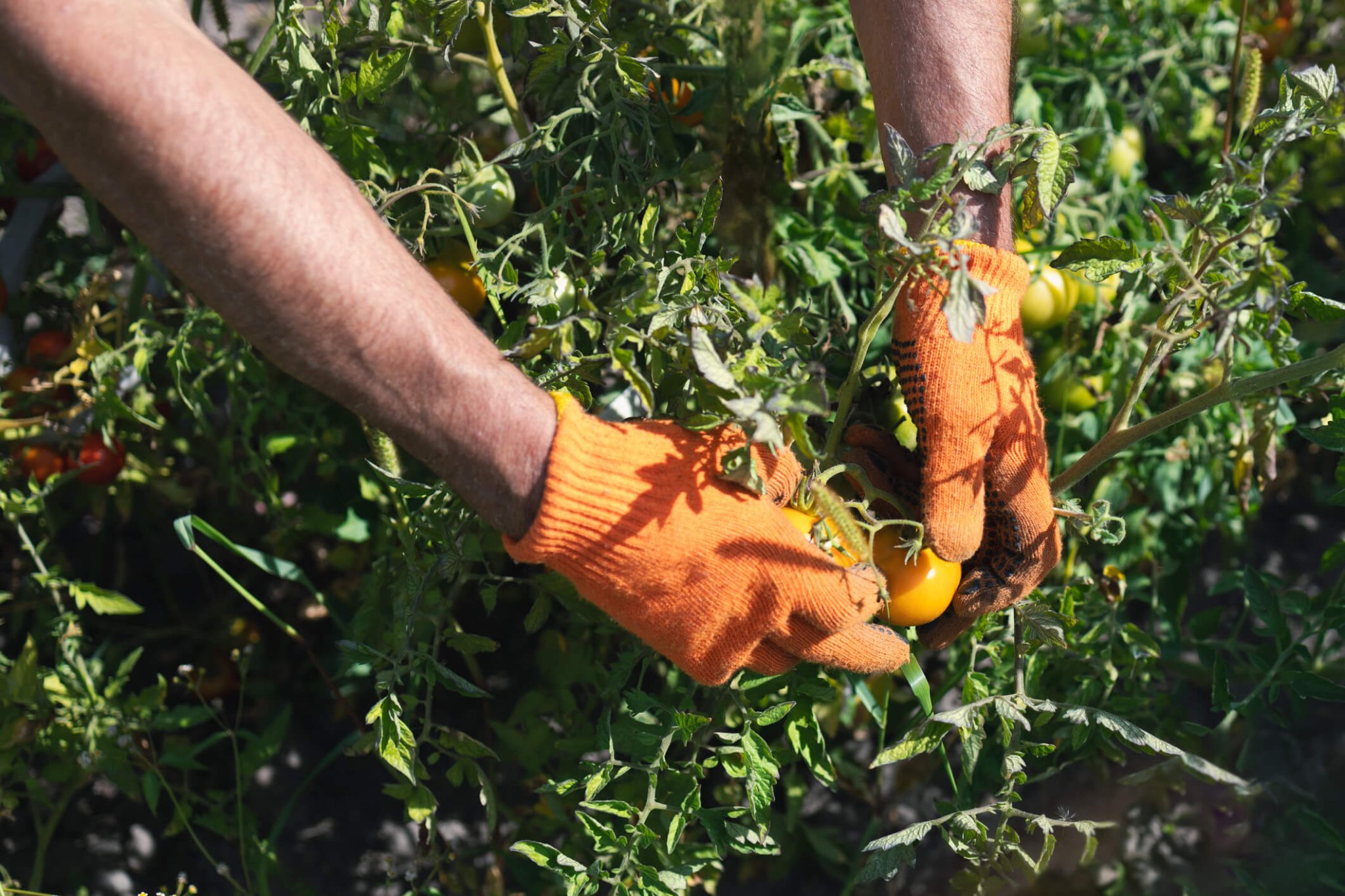ICE Crackdown on East End Sparks Fear Among Immigrant Workers, Strains Local Economy

Earlier this spring, U.S. Immigration and Customs Enforcement agents increased their efforts to apprehend people on the East End who are living here illegally, spreading fear among immigrant workers – some of whom have been arrested – and creating anxiety among businesses who are often not sure what proper steps to take to remain within the law.
Thousands of immigrant workers are employed at wineries, farms, construction sites, supermarkets, and in private homes as cooks, nannies, and gardeners. Until President Donald Trump was inaugurated, on January 20, immigrant workers went about their business, unworried about deportation or the future of their children who might be left behind here without them. There were deportations in the Obama and Biden administrations, but nothing as aggressive as during Trump’s second term.
The brunt of ICE’s work on the East End has hit farms hardest. The Eastern Farm Workers Association, which represents several thousand workers, said in a statement to Dan’s Papers that it has had a long history of cooperating with small businesses and growers.
“Our plan is to continue on that course,” the association said. “Yes, ICE has shown up at the farms on Long Island. Every time they do so they cost millions of dollars to the agriculture industry and to the East End economy as a whole.”
“It not only affects the workers, but the entire tourist economy, not just the farm that ICE visits, because the fear gets passed through networks of friends and family members,” the statement said. “Having ICE present is like having a natural disaster. Their presence creates collateral damage almost as bad as an ice storm in the middle of July.”
The association added that farm work requires “a tremendous amount of endurance, speed, and strength,” and that when such teamwork is broken “it can lead to accidents on the job. There have been cases where an accident results in death or permanent injury. Having a trained, stable workforce is crucial to our economy; especially since a good heat wave can spoil a whole crop is not properly tended.”
A spokesperson for the association declined further comment.
Minerva Perez, executive director of Latino Advocacy Agency (OLA) of Eastern Long Island, said in an interview with Dan’s Papers that, “there have been arrests” of immigrant workers on the East End.
To immigrant workers, ICE agents look menacing. They often show up wearing masks and sometimes do not offer identification unless pressed to do so.
“Employers have reached out to us,” she said. “They are fearful. They just want to know how to be prepared” should ICE visit.
U.S. Immigration and Customs Enforcement officials in New York and Washington, D.C., did not return calls for comment.
Perez said that ICE sweeps on the East End have become so frequent – and the fear of them so intense – that OLA has set up a Rapid Response Team, a telephone network consisting of about 150 people. Should ICE visit a farm, team members alert one another. They can show up at the farm and make sure ICE agents have a warrant if they plan to make an arrest.
“Our presence can slow or stop action” if it is illegal, Perez said.

A representative of one East End restaurant, who spoke on condition of anonymity for fear of a visit by ICE, said that a number of owners of food establishments are hesitant to be quoted or to speak out. ICE may then visit and do an audit, the representative said.
Stephen Loffreda, a restaurant consultant, said that these days, it is extremely important for owners to be meticulous in their record-keeping and to be aware of the status of their employees.
What makes matters even worse for restaurants on the East End is that the summer season is so short. If a number of their employees are taken into custody by ICE, they might be forced to close during a busy time.
The word from Washington does not bode well for working immigrants. The Trump administration has said that it plans to increase the arrests of people living in the country illegally to as much as 3,000 per day.
For a time this year, Trump issued an order suspending arrests at farms and restaurants. That order was quickly reversed.
A spokeswoman for the U.S. Department of Homeland Security said, “Workforce enforcement remains a cornerstone of our efforts to safeguard public safety, national security, and economic stability.”
The federal government’s H-2A program allows foreigners to work in farms in the U.S. for up to 10 months. But nearly 50 percent of farm workers in the U.S. have no work authorization papers, according to the U.S. Department of Agriculture.
The Long Island Hospitality Association said that ICE had conducted “inquiries” at some hotels and restaurants.
The Rev. Larry Duncklee, pastor at St. John’s the Evangelist Church in Riverhead, said he knew of two people in the town who had been stopped and questioned by ICE, including a woman pushing a baby stroller.
“ICE is here, for sure,” Duncklee told Dan’s Papers. He said immigrant workers had stopped picking up their children at school, for fear of ICE. Others, he said, have stopped showing up at the church’s food pantry.









